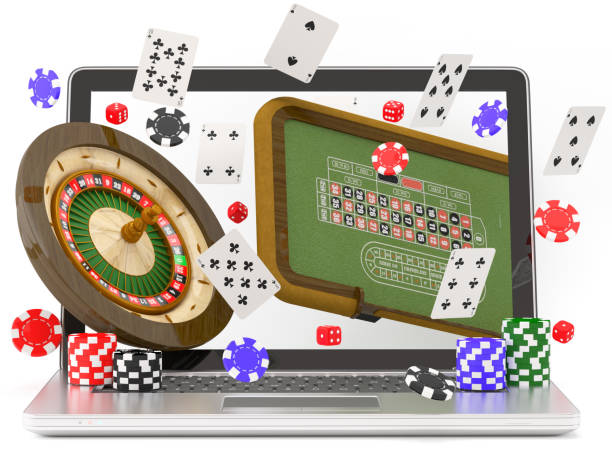Problem gambling is linked to depression that can be exacerbated by financial stress. This can lead to a vicious circle, where people gamble to get a positive feeling, only to feel bad in the event of losing.
Research has also revealed that gamblers typically gamble to ease anxiety. A behavioural therapy program is a reliable therapy for people suffering from pathological gamble.
Emotional effects of gambling wins
It can be a rewarding as well as a fun and social experience. But it also can result in guilt, stress and depression if it becomes an issue. In the worst cases, it can even lead to suicide. You must seek out help whenever you can when you’re struggling with such feelings. There is support available at numerous institutions, such as the NHS and a variety of charities.
Therapy can assist you in addressing the underlying issues that make your gamble. Consider group or individual therapy led by professional mental health experts. It is also possible to benefit from psychodynamic therapy, which is focused on the unconscious aspects which influence your behaviour. Other types of psychotherapy include family therapy, which can help educate your loved ones regarding the problem and provide an Soc88 atmosphere of comfort in the home. Medications are also available to combat gambling-related disorders. They function by altering your brain’s neurotransmitter systems.
The risk of losing money to gambling as well as mental health
A variety of peripheral influences may contribute to the development in a disorder of gambling, such as peer pressure or characteristics of the personality. People who are in a competitive mood or who is bored can be more likely to gamble in accordance with the Mental Health Foundation. Some medications may also lead to the development of a gambling disorder. It is believed that stigma associated with this addiction can make people to hide their addiction to family and friends.
Many studies have demonstrated that there is a connection between gaming addiction and mood disorder. The best way to stop your addiction to gambling and re-build yourself using the guidance of the services of a specialist in gambling. Psychodynamic therapy is a method of treatment that focuses on unconscious processes. They also provide the group therapy option, which could serve as a source of motivation and moral support.
Pathological gambling can have many unintended effects that can result in strained relationships as well as significant amounts of debt. Gambling can be linked to depression, anxiety or any other mental health issues. Furthermore, it can lead that you to put in the time and money to engage in activities which don’t offer the same emotional reward that gambling does.
Psychology of gambling addiction
Addiction to gambling could result in serious business, personal as well as family implications. It affects people of all ages and socioeconomic backgrounds Many do not know they’re suffering until it’s too late. Risk factors include social pressures or personality characteristics, as well as being introduced to gambling at a young stage. Certain drugs can have side effects that cause addictive behaviors.
Even though most people gamble on a regular basis without any harm but pathological gambling could result in devastating physical, psychological and social issues. It’s considered to be mental illness and is a condition that requires specialist care.
One of the most effective ways for treating addiction to gambling is to use psychotherapy. Cognitive-behavioural therapy (CBT) aids people in learning to recognize unhealthy behaviors and thoughts, and change their behavior. CBT helps individuals overcome the false belief that losing bets leads to winning bets, while also teaching them money management. This treatment can aid in repairing the relationships of those affected and also repair career damages.
Effects of gambling on the brain
Gambling can affect the brain’s reward system and neural pathways. This could cause permanent changes in the brain’s function. This can lead to depression and other mood disorders, as well as aggravate mental health problems. Loss of money is possibility. Although many gamblers can do so without repercussions however, those with a weaker immune system those who are at risk, gambling that is pathological can result in catastrophic psychiatric or social effects.
Many gamblers are compelled due to their debts or obligations to continue gambling. They may believe that they are due to win or that their luck will alter, leading to losses in money. These distortions in thinking can contribute to the development of addiction to gambling.
Additionally, research has revealed that addiction to gambling was linked with maladaptive ways of coping in stressful situations, like engaging in magical, quasi-religious thinking or hiding emotions. This suggests that gambling addiction could be a result of cognitive distortions about gambling, which may be more important than the other factors that predict the development of addiction.



